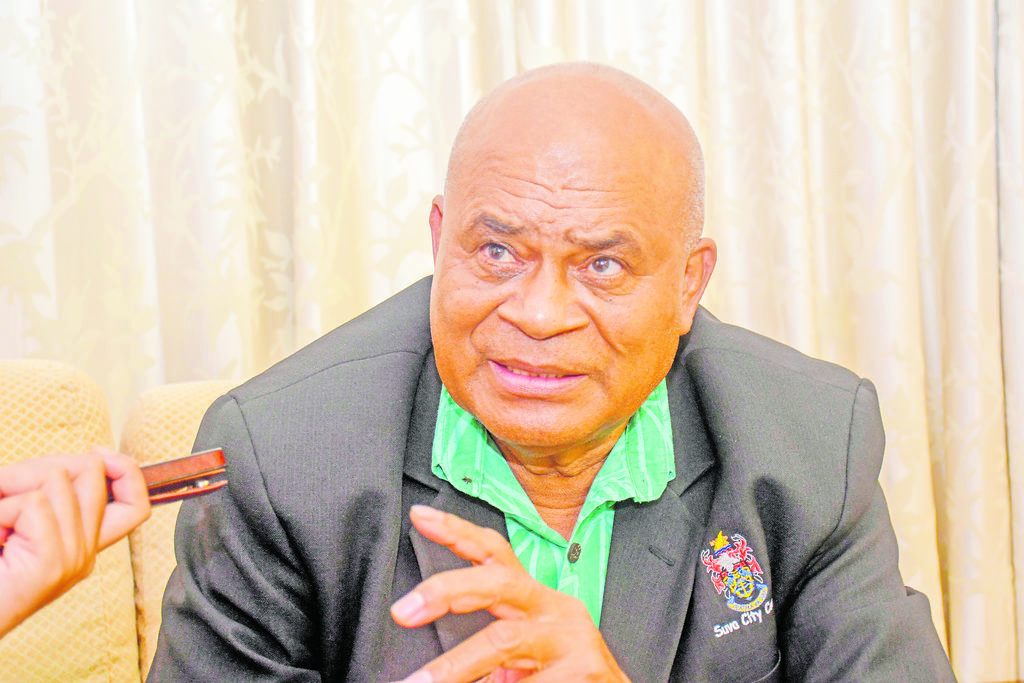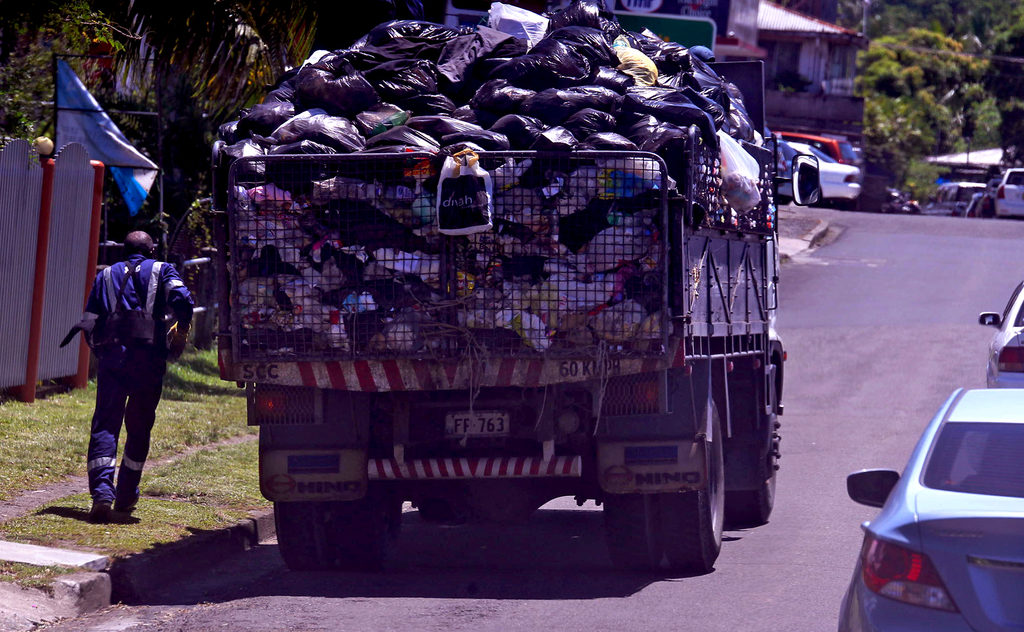The Suva City Council (SCC) is spending more than $3million annually on waste collection services but recovering just a fraction of that cost, according to newly released figures under its 2025–2026 Solid Waste Management (SWM) review. As the volume of waste being dumped at the Naboro landfill continues to grow, Suva City Council CEO Tevita Boseiwaqa is calling for urgent reform in both waste financing and management systems.
30,000 to 40,000 tonnes of waste collected yearly.
According to the solid waste management data that SCC collected for the financial year 2024-2025, Suva generates between 30,000 and 40,000 tonnes of waste annually. Each resident approximately produces between 800 grams to one kilogram of waste per day, most of which ends up in landfills. The council spends $6.8m per year to manage solid waste. Of this, $3.6m is used for waste collection, and another $3.2m for street maintenance. Yet, it only collects $322,000 annually in garbage fees, primarily through the $28.75 household garbage levy. In an earlier interview with The Fiji Times, Mr Boseiwaqa said the SCC is struggling to cover rising waste disposal costs after receiving only $400,000 in the latest national budget —less than half of the $1million it had requested. He said the shortfall forces the council to rely on other income sources, as waste disposal is an essential but non-revenue-generating service. He attributed the rising costs to fuel prices and Suva’s growing population, which has led to more waste generation. Still, he acknowledged the increasing support from the Ministry of Environment, which is encouraging efforts toward a cleaner environment. He said the council will continue operations with the limited funds available.
Collection is frequent, but strain is visible
Garbage in Suva is collected three times weekly in residential areas and daily in the Central Business District (CBD). Green waste is collected once a month, and white goods such as refrigerators and washing machines are picked up quarterly. However, frequent collection hasn’t eased the burden on city services. The cost of maintaining streets and dealing with the aftermath of improper waste disposal has surged and currently stands at $3.2m. In some suburbs, illegal dumping and overflowing bins remain a constant issue, prompting calls for better enforcement and education.
Master Plan struggles to keep pace
In 2015, the SCC launched a Solid Waste Management Master Plan designed to span from 2018 to 2027. Its purpose: analyse existing waste flows, identify key challenges, and offer a long-term solution for a cleaner and more efficient city. That plan outlined seven key activities to be rolled out over a decade, with the goal of moving Suva towards a more “recycling-oriented society.” However, a mid-term review now reveals that progress has been slower than expected. Despite these shortcomings, SCC officials are now looking ahead to the 2025–2026 fiscal year, proposing new strategies that include solid waste financing models, community education, and more aggressive recycling programs.
Turning waste into opportunity
Some pilot initiatives are already in progress, Currently, SCC is diverting market waste to a composting facility in Samabula, while a Clean Schools Program is set to begin this year, aimed at instilling waste-conscious values in students from an early age. In addition, a waste flow projection for 2027 shows that with targeted interventions, 27 per cent of municipal waste could be diverted away from landfill. The plan breaks down waste into three main categories:
- Household waste (67 per cent) — with goals to increase home composting and encourage separation into recycling and landfill bins.
- Green waste from parks (23 percent) — targeted for mulching and composting.
- Market/general waste (10 per cent) – to be processed into animal feed or compost.
If successful, these changes would reduce landfill contributions to 73 per cent by 2027, down from 100 per cent in 2015.
Who should pay?
While SCC is working on waste diversion strategies, the bigger question remains: who should foot the bill for an increasingly expensive waste system? At present, ratepayers are heavily subsidised. The garbage fee is only $28.75 per year which is less than 60 cents a week. But the real cost of collecting and disposing of that waste is far higher. Discussions are ongoing about revising the garbage levy, introducing tiered payment models, or even applying waste generation penalties to large commercial users.
A call to citizens
No waste management system can succeed without public cooperation. Residents are being urged to:
- Sort their waste properly;
- Participate in composting initiatives;
- Avoid illegal dumping; and
- Report overflowing bins or missed pickups.
Ultimately, waste management is a shared responsibility.
INSET: Suva City Council CEO Tevita Boseiwaqa during his interview with The Fiji Times at the Chinese Embassy. Picture: LITIA RITOVA



